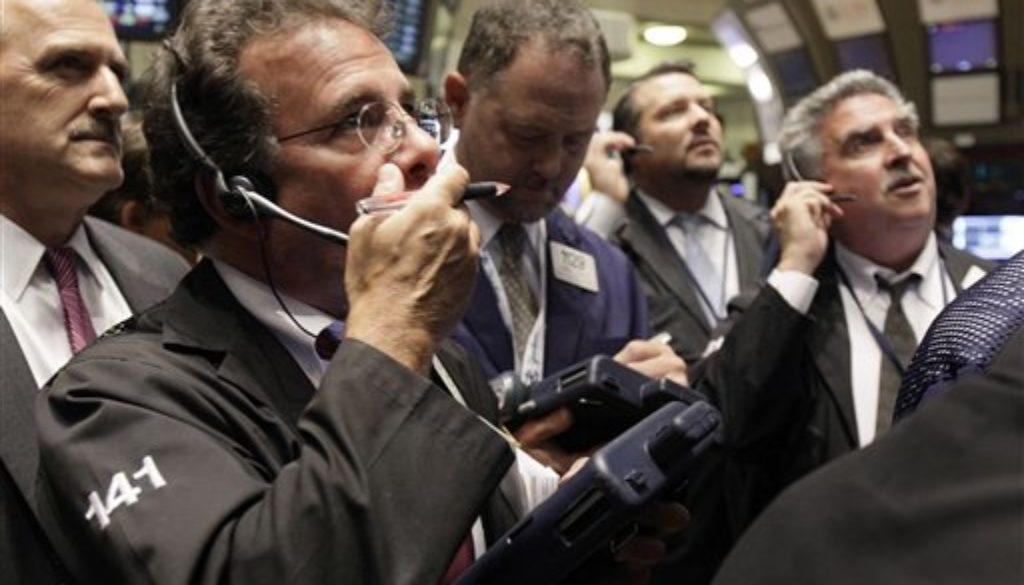The FDIC Can Protect Taxpayers, Prevent Crashes & Bailouts, AND Promote Innovation
By Better Markets
The Brookings Institution hosted a lively and enlightening discussion on December 11, 2019 focusing on “Brokered Deposits in the Fintech Age.” That sounds boring, but it’s really important to everyone with a debit card, prepaid card, HSA, etc., or who cares about the safety and soundness of the banking system and avoiding costly taxpayer bailouts. Below is a discussion of the event, but, if you’d like to watch a few very short videos of the highlights, you can find them here.
FDIC Chairwoman Jelena McWilliams opened the event with a speech, followed by a panel discussing her views. Dennis Kelleher, our president and CEO, was one of the panelists and talked about the importance of protecting depositors, the deposit insurance fund, and taxpayers while promoting innovation and avoiding bank failures and bailouts.
Mr. Kelleher argued for a balanced approach and pointed out that “Innovation in of itself…[is] simply not a basis to discard carefully-crafted, critically important financial protection rules.” After all, the FDIC is responsible for overseeing taxpayer-backed “insured” deposits, not fostering innovation, modernization, competition or private sector profit maximization – that’s what the Commerce Department does. Mr. Kelleher urged that changes to existing financial rules should be based only on a rigorous analysis of the evidence, data and facts, not mere assertions by the industry, its lobbyists or trade groups.
Mr. Kelleher repeated Better Markets’ support for innovation and increased competition in the financial industry, particularly regarding Wall Street’s biggest banks which are inappropriately insulated by barriers to entry, oligopoly power, and undeserved subsidies. However, the sign on every FDIC insured bank – that the deposits are guaranteed by the full faith and credit of the United States Government – has to be the guidepost when thinking about rules that encourage or discourage innovation. For example, brokered deposits themselves were considered an innovation in the 1980s, but they played a critical role in the Savings & Loan (S&L) crisis that cost Americans more than $160 billion at the time. Similarly, credit default swaps (CDS) were considered a brilliant innovation in the 1990s, but they were a key cause of the 2008 financial crash, which is going to cost hard-working Americans more than $20 trillion.
The country and the financial system need to have and encourage innovation and safety and soundness. It is not, as some suggest, an “either-or” scenario – that is a false choice. The market can have and should have both: innovation while prioritizing the FDIC’s statutory mandate and protecting taxpayers. But profit maximization alone cannot and should not drive banking policy and financial protection rules.
This event followed the FDIC’s 2018 request for comments on the brokered deposit rule where Better Markets was the only non-industry investor advocate organization to submit a comment, which you can read here. Now taking the next step, the FDIC on December 12, 2019 proposed a new rule and asked for additional comments. Importantly, FDIC Director Marty Gruenbergdissented from issuing this new rule and you can read that important dissent here. We will be filing another comment on the proposed rule in early 2020 and will post it and additional information here as it becomes available.
Finally, as noted above, if you’re interested, here are a few short videos on the key subjects Dennis discussed at the Brookings’ event:
1. Most Important Issues to Remember
3. You Have to Take a Wholistic View
4. Pierce the Washington Pretext of “Protecting the Little Guy”
5. Rate of Asset Growth as a Risk Factor

